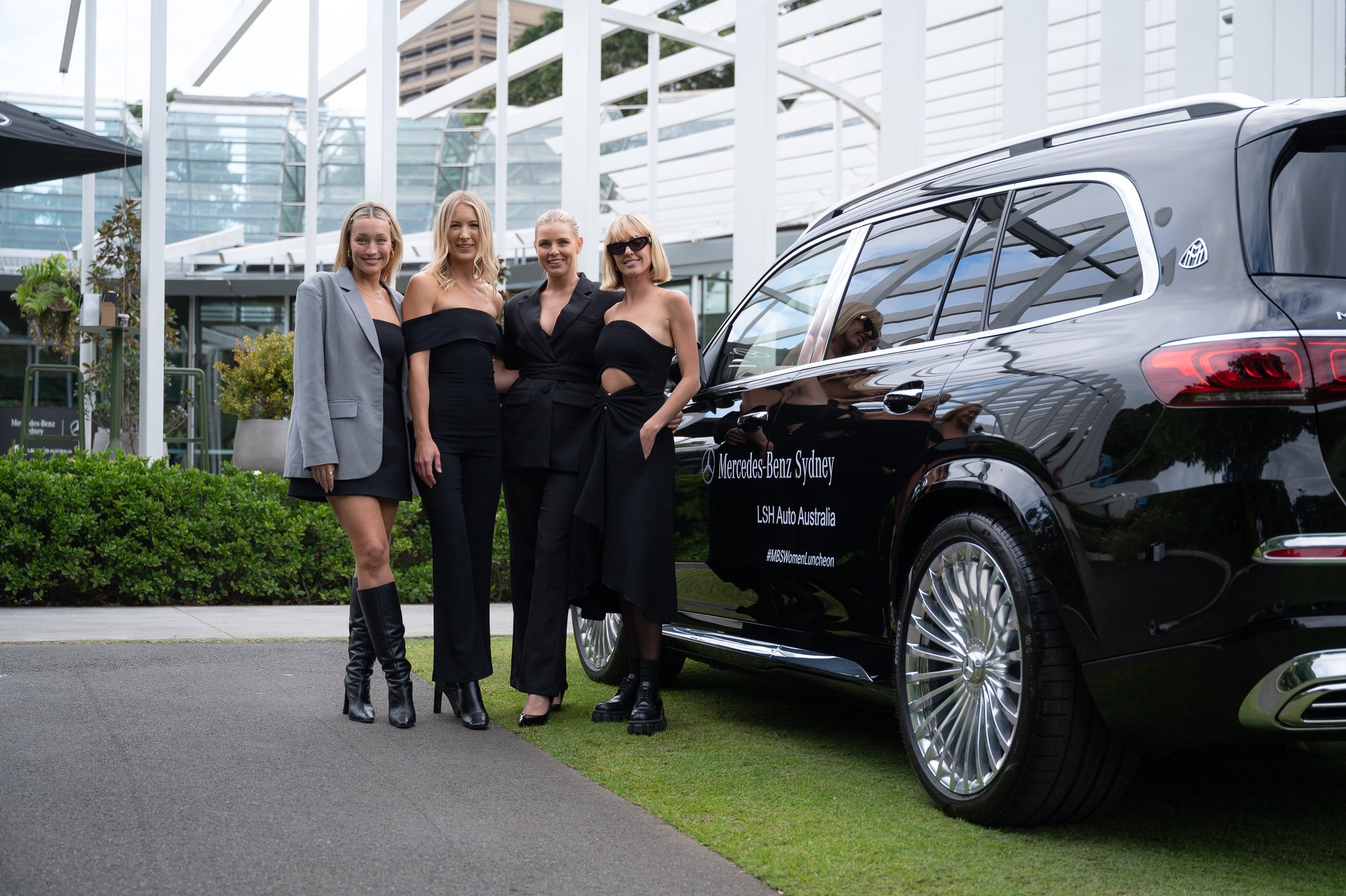It's a recurring nightmare for every business-event planner. With all the pieces in place for a spectacular incentive trip, the client suddenly pulls a large chunk of the budget. With very little time remaining to make alternative arrangements, it seems like the only option is to scale back the activities. The three-day, all-expenses trip to a tropical island for a team-building exercise and a pep talk from Richard Branson is now out of reach. Now, with your new streamlined budget, the most you can afford is a sleep-inducing trip to a beige office on the outskirts of town to watch a “motivational” powerpoint slide.
Some clients may understand such a scale back, particularly when it’s their own decision to cut the budget. For some in-house teams, though, and for certain blue-chip clients, it may not be possible to lower expectations. No matter how little you have to work with, it’s down to you to deliver the same exciting event and return on investment.
Such unrealistic budget issues may be impossible obstacles to overcome, but it has become a regular occurrence. Large-scale event organisers and DMCs try to plan for every eventuality and such sudden budget cuts are high on the list of concerns.
Mix speaks to four top industry professionals to find out their budget contingencies and how they plan for the unexpected.
Event Planners

Edward Scott, senior vice-president, managing director
Jack Morton Worldwide, Hong Kong
Understand Your Objectives
When facing financial constraints it’s critical to understand the objectives of the brand experience event you’re organising. If you don’t know what the expected return from an experience is then it’s difficult to have a perspective on what is important.
The most critical thing to do is to have the client’s objective at the front of your mind when you hit a budget problem. Keep the goal in sight and, if money is cut to the point where you cannot realistically achieve the basic requirements of a success, don’t be afraid to walk away and go back to the drawing board. We’re in the business of selling solutions, so cutting a project down to the point that it is no longer going to function as a real solution isn’t a good return on investment for anyone.
Transparency and honesty is key. When you apply that principle to budgets, you have to have an agreed baseline that shows the cost of achieving the core outcome. Any spend beyond that line shouldn’t drastically affect the basic outcome, but it should multiply the desired effect and the return on the investment.
You can avoid many problems by building in financial trigger points – places in the development of a brand-experience event where the client has to commit to specific spend elements beyond the core component. It’s essential to set out an agreed timeline illustrating when these payment-point milestones occur along the way. This kind of structure gives a client time to consider all the options and, over time, they can increase and adjust their financial commitment without any hidden surprises.
When you’re engaged with a third party or you have multiple stakeholders, you have to know what each stakeholder wants to get out of an event. When a budget is cut, understanding the specific goal of each project investor will allow you to make a case for more funding if you think their desired objective is going to be lost. Only one element of an event may be at risk but, if it’s a vital component to the desired outcome for one party, perhaps they can find funding from elsewhere in their business. Let them know if their return is at risk.
Financial discussions can be hard, but money isn’t a problem that is going to go away. The longer you wait, the harder the conversation is.
Tighter budgets aren’t just a modern-day blip, they’re the new norm. With effective partnerships and creativity this should not prevent us from continuing to solve our clients’ business problems.

Darren Chuckry, executive director,
client services Uniplan
Embrace Interaction and Intimacy
Expectations are being pushed and pushed but timelines are getting shorter.
Even when a budget is cut, you have to find a solution. To us, it’s about priorities and where the dollar is best spent. If I have to cut budget and you only give me 50 cents for every dollar originally planned, it always comes back down to the same consideration we started with: what is the guest experience?
It’s always important to think about who is cutting the budget. A CEO might just have 10 minutes to make a decision and all they’ll want to see is the big picture. That’s the guy that can cut your budget but, equally, if they want to they can give you much more money. If people like an idea you can be sure they’ll find a way to get the extra budget.
We do a lot of work in pre-production to create image renderings of what the event will look like in order to give people options that they can understand. A lot of times, the budget group is completely separate from the true decision-maker. In those circumstances, you have to give the budget group the tools to sell an idea internally.
Recently, we had a chairman of a large corporate come to a meeting and say: “If someone can just tell me why we’re doing this and what the expected result is, then I’m willing to find the money.”
When a cut is inevitable, don’t just worry about the money. Talk to the client. The reasons for the change may lead to an obvious solution, so it’s important that planning and budget discussions are a two-way collaborative process. It can be the case that there are less people planning to attend the event so downsizing is an option.
In fact, in many cases, intimate events can have a much greater impact than grand gestures, so don’t be afraid to make things much smaller. We’ve all been to the same formulaic cocktail parties and product launches. Recently we arranged an event where Chase Carey, the CEO of News Corp, came for an exclusive dinner. There were high expectations, and what we arranged was spectacular. What we delivered, though was very cost-effective. Instead of bringing in high-end lighting, for instance, we lit everything with lanterns. It can be very easy to get caught up in grand gestures, but it’s always the small details that people remember.
Another example was with a recent prohibition-themed cocktail party where we took over a small space. We decorated the space using extremely cost-effective techniques such as printed-on cardboard boxes that looked like whiskey crates. No one really believed they were wooden crates, but we still transformed the restaurant into an intimate space. To us, it was rewarding because a few simple elements allowed us to change a space beyond recognition and get a huge response from the guests. Even the staff at the restaurant were excited. The cost isn’t important – it’s getting that level of fun that makes the client, the guests and us feel good.
Destination Management Companies

Ian Lee, managing director
Kim’s Travel, Seoul
Relocate
When we encounter a budget cut, the first area we consider is the accommodation. In the case of group bookings, we reassess the location of the hotel. Naturally, hotels in downtown Seoul are more expensive than those outside the city and the same will be true in many places around the world. The cost difference can be quite significant, though, even if the group has to travel a relatively short distance to reach the city.
Many of the groups that we work with come to Seoul for conferences and exhibitions. These kinds of clients usually want their group to be based near COEX, the Seoul convention centre. It’s a beautiful location and the facility is serviced directly by two hotels: the Grand InterContinental and the InterContinental COEX.
Both hotels are perfect for the convention centre and downtown attractions, but the high price reflects their convenience. In the case of a budget cut, these hotels may be a little out of the price range, so we might consider somewhere like the Grand Hilton. The hotel has the same level of service and facilities for meetings and events, but is slightly further away on the other side of the Han River that bisects the city. Depending on traffic, it can take between 30 minutes to one hour to travel from the hotel to COEX and downtown Seoul. The out-of-town location means that we will be able to negotiate and find a lower price for accommodation.
We work very closely with hotels in and around Seoul. Most of the facilities are very well equipped for business-event groups and much of the service standard is the same.
A hotel out of town may not be as convenient, but it’s possible to organise a shuttle to carry clients to and from the convention centre or other facilities. It may cost time, but it won’t cost too much money.
This kind of contingency is ideal for groups of up to 50 people, but it may not be so suitable for much larger groups. We deal with delegations that number up to several thousand and, in those cases, it’s difficult to change hotel locations because the client will have already paid one-third of the fee to secure such a large number of rooms.
When it’s impossible to move the accommodation, the next area to consider changes is the food. We’d never drop the quality of the food, but it is possible to change the location. Again, it may not be as convenient, but there are always lower prices than those offered by hotels. Having lunch and evening meals offsite can actually open the group up to more experiences and can be a positive part of the trip.

Richard James Smith, director of events
Asia World, Bangkok
The Show Must Go On
When it’s a last-minute budget cut, you have to look at what can actually be changed. Certain things will already have been ordered and made. Room gifts, for instance, will have been ordered months in advance and made specifically for your clients. You can’t back out on them and you can’t sell them anywhere else.
There’s always going to be changes with any group event, so it’s important to keep up-to-date with your contacts and billing. Never order anything without the client officially signing off on what they’ve agreed to. At the last minute, it means you’re always backed up.
One of the most important things for any DMC is to maintain excellent relationships with suppliers, hotels, production teams and any other specialists that you work with. It’s at times like these that you’re really going to need those guys. Nobody wants to lose any more money but, if it’s going to happen, you’re going to need to be able to say: “Guys, they’ve just cut the budget, can we come back to the table?”
There are lots of things you can cut quite easily. Drinks, for instance, have not been poured yet. Similarly, many brands of Prosecco surpass popular champagnes, so why show the bottle when the delegates aren’t even asking the question? Prosecco is so much cheaper and, sometimes it can be so much better than the champagne the client only really wanted for prestige.
You’ve also got to remember that the guests don’t even know they were originally going to get champagne. Who is going to notice or complain? In a large group, most people will be happy to have what they’re given. Similarly, pay the cancellation fee for a live band and book a DJ. One person is going to be much cheaper than a whole group. No one will know there was going to be a band in the first place.
On the transportation side of things, it’s time for the big boss to travel cattle class. No Mercedes-Benz transfer for him; he can ride in the coach with the rest of the delegates. A lot of the reasons behind group events is to build company confidence and it can be sold to him as a team-building exercise. Again, most of the group won’t know anything different has happened.
Of course, all DMCs try to have a back-up plan. We try and think ahead for the eventuality of a budget cut and work out what we can change if a financial issue arises. Make sure you know how much your cancellation fees are going to be and be prepared to step in as an MC or a guide if you have to..
If all else fails, remember, free time is just that and most delegates will see it as a bit of a luxury.
Top tips
• Understand your client’s objectives
• Address the needs of the decision-makers
• Make a case for more funding
• Consider a new plan; don’t just scale back
• Intimacy and interaction can have a great impact
• Use lighting instead of physical decorations
• Relocate to cheaper accommodation
• Cut back on executive luxuries
• Eat outside of hotels
• Remember that the guests don’t know the original plan
• Be prepared to step in as a guide
• Know your cancellation fees
• Free time can be priceless
• Maintain good relationships with suppliers
• Prosecco, not champagne


